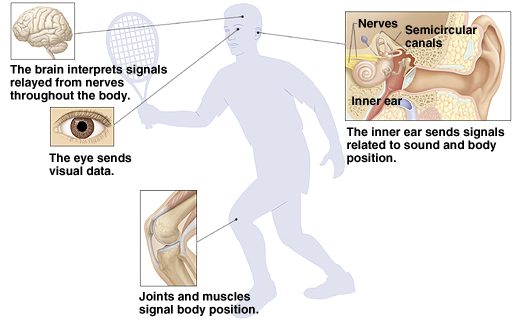
V is for Vestibular System
December 11, 2016
“Y” is for Youth
January 31, 2017Frequent requests for repetition are a classic sign of hearing loss.
However, family members of a patient will often tell me, “She hears me just fine she when chooses to pay attention!”
While it may appear to be true at times, this assumption does a major disservice to your loved one.
This is what is actually happening: your family member’s hearing loss is muffling and filtering out many sounds in your conversation. If they really focus on your face and pay close attention to the fragments that they’re hearing as well as the subject matter, their mind can compensate for their hearing loss by using these clues to fill in the blanks. However, this extra effort is is tiring, so it becomes easier to just tune out. In addition, when so much of the mind’s resources is spent on listening, there is less energy left over for remembering and processing what was actually said. In some cases of older adults, cognitive skills are not even strong enough to be relied upon. And if there’s background noise, it becomes that much harder to compensate.
People with hearing loss cannot passively listen and enjoy a conversation the way people with normal hearing do, so you can not expect them to always be interested in expending the extra effort to listen and participate. This is why they seem to be uninterested, inattentive or ask you “What?”
The resulting isolation (whether by choice or even unknowingly) is one of the worst effects of a hearing loss, both psychologically and socially.
If any of this sounds familiar, realize that your loved one might be limited by a hearing loss. Call 917-791-1510 to get on the road to better listening and better quality of life. We can help.




